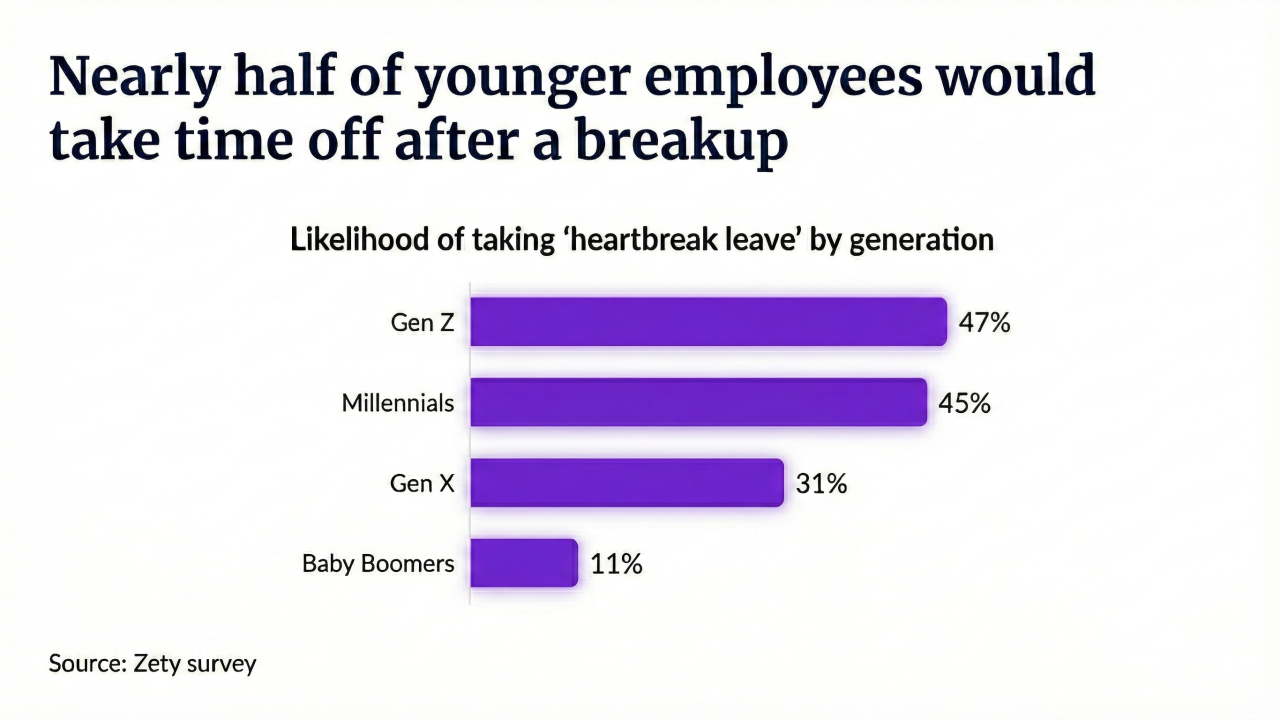The Internal Revenue Service has clarified, in
Section 403(b) plans can be sponsored only by employers that are tax-exempt organizations under section 501(c)(3) of the Internal Revenue Code, or by state or local government employers for the benefit of public school employees.
Plan termination generally is a distribution event for participants and beneficiaries. However, from a practical standpoint, employers have had difficulty terminating section 403(b) plans without the consent of participants and beneficiaries because of the long history of the plans being funded with individual annuity contracts controlled by participants rather than employers.
The new IRS guidance indicates that the following must occur for a section 403(b) plan to be considered terminated:
• The plan permits benefit payments upon plan termination.
• The employer approves a binding resolution that ceases all contributions to the section 403(b) plan and approves the termination of the plan. All contributions must fully vest upon termination.
• Participants and beneficiaries are notified of the termination and the tax consequences of a distribution from the terminated plan. Amounts distributed to participants and beneficiaries at plan termination may be eligible to be rolled over to another retirement plan or a traditional or Roth IRA.
• All plan assets, including "fully paid individual annuity contracts," are distributed within 12 months following termination of the plan.
• The employer does not make contributions to any other section 403(b) plan, including plans in existence before the termination, during the period beginning on the date of plan termination and ending 12 months after distribution of all assets from the terminated plan.
Upon the completion of these steps, the employer will no longer have any responsibility for the terminated section 403(b) plan or the annuity contracts under such plan.
If the section 403(b) plan is subject to the Employee Retirement Income Security Act of 1974 (ERISA), as amended, a final Form 5500 must be filed with the U.S. Department of Labor for the plan year of termination.
With regard to individual annuity contracts, the employer must issue or distribute the actual contracts to participants and beneficiaries upon termination, although a participant or beneficiary can wait to receive payments from such contracts.
Interestingly, the ruling provides that distributions from individual annuity contracts may be eligible to be rolled over to another retirement plan or a traditional or Roth IRA even though, after termination, the contracts are no longer part of a retirement plan.
Although this guidance is helpful to employers in deciding how to structure their retirement plan offerings going forward, some questions remain.
For example, it is not clear what the IRS means by a "fully paid individual annuity contract." It is expected that the IRS will issue more section
Pinheiro can be reached at
Employee Benefit News Legal Alert is a free, weekly e-newsletter featuring articles from the nation’s leading benefits attorneys.Follow EBN on:





